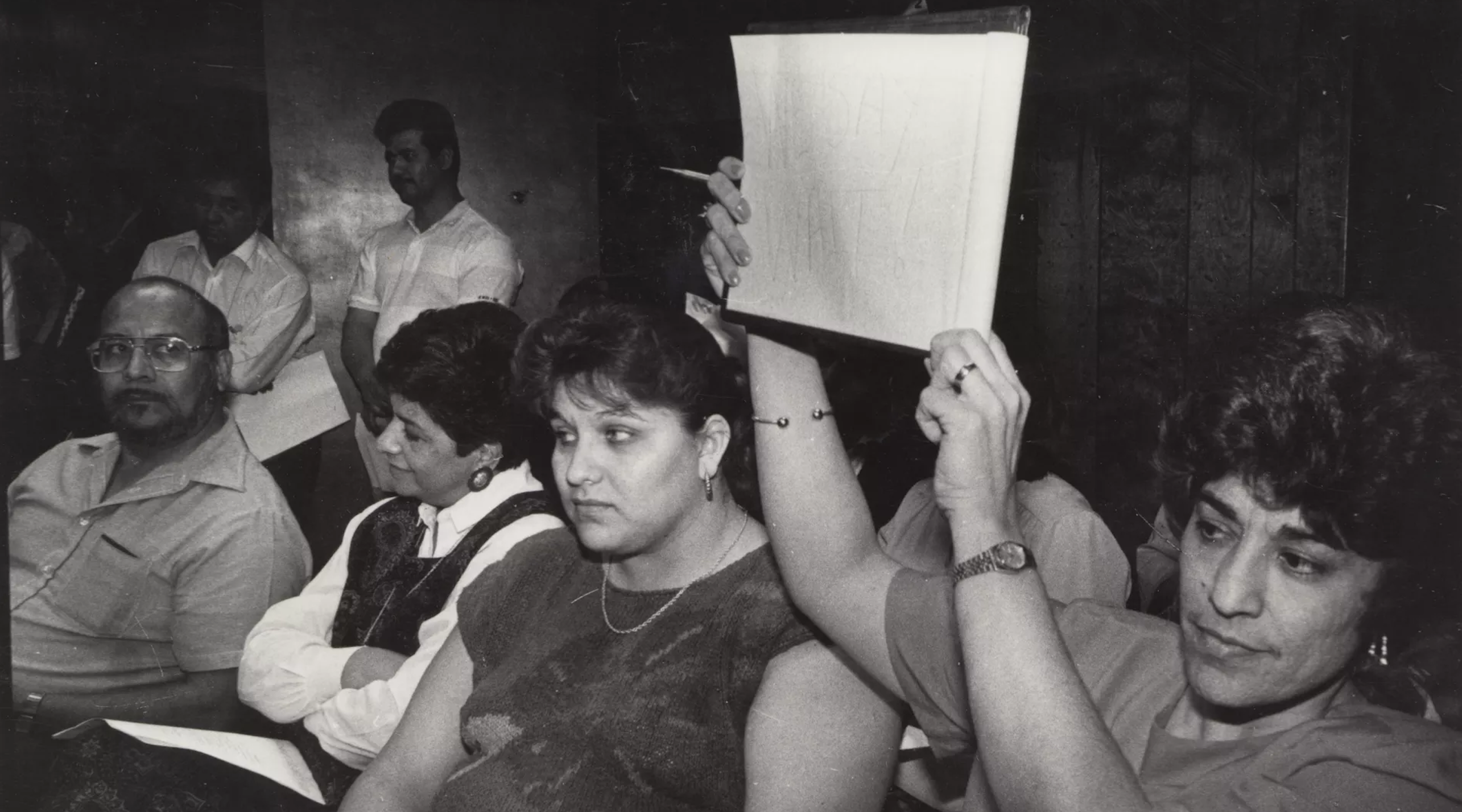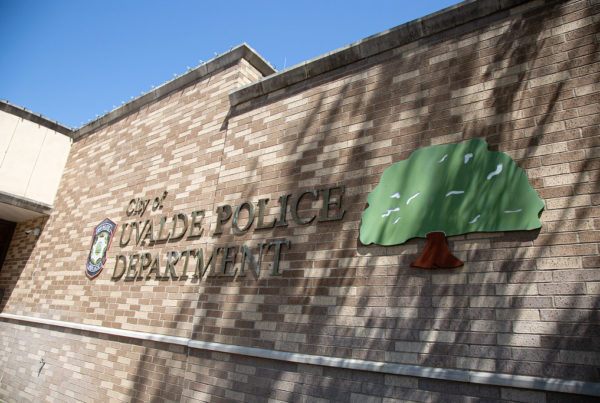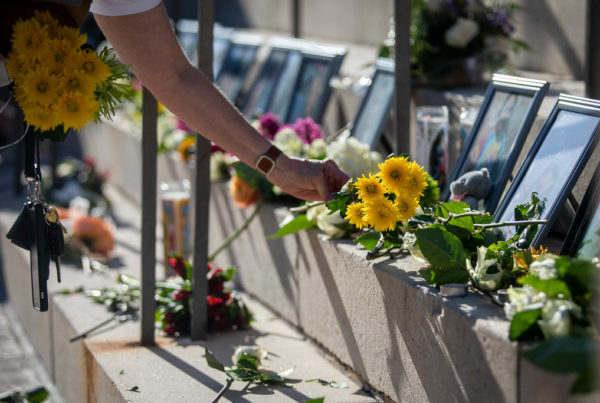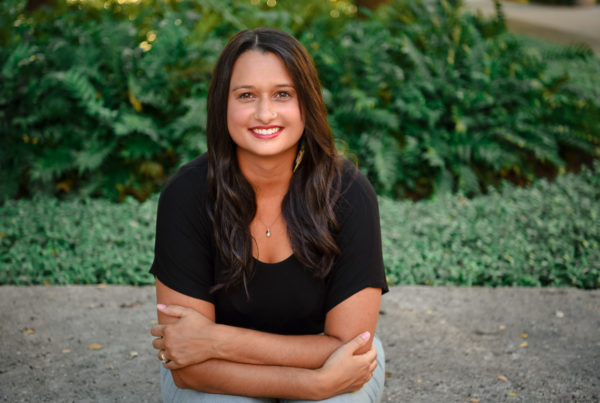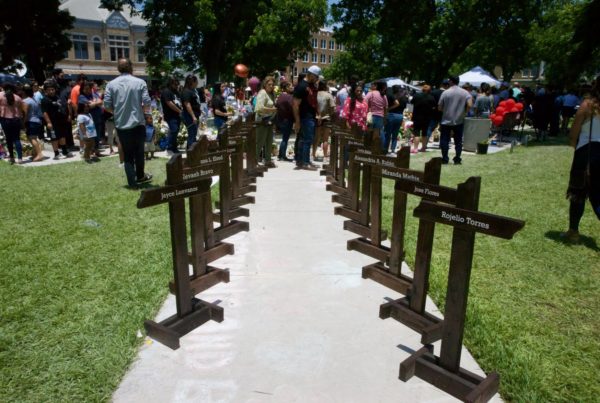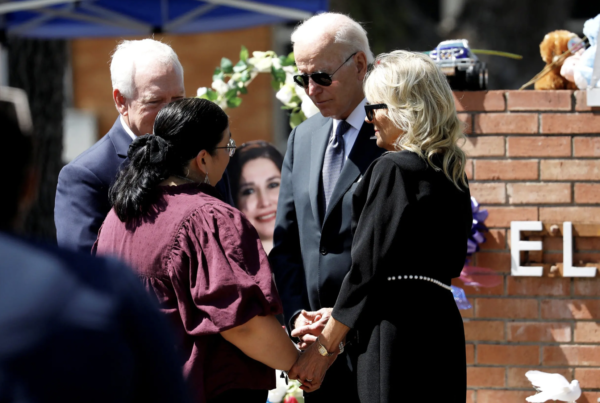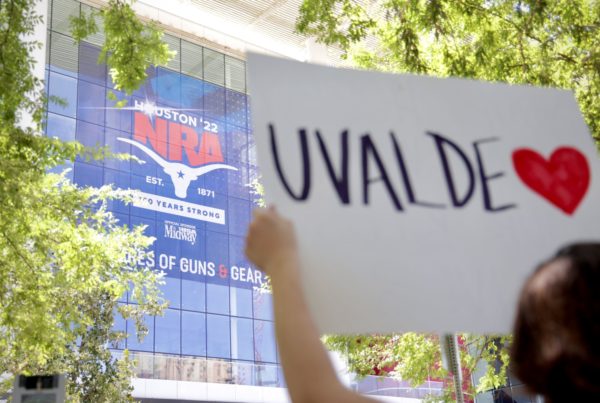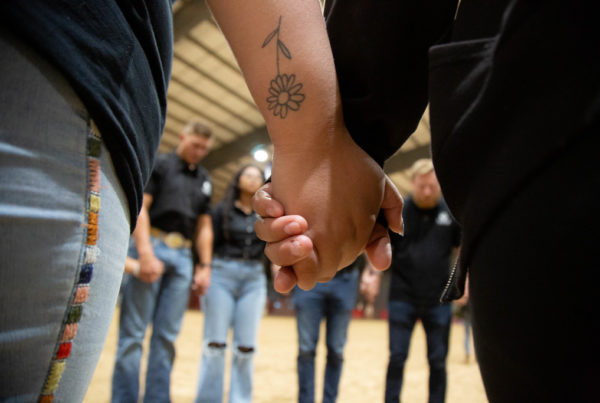The prominently Mexican American community of Uvalde became known to many more people after last week’s school shooting tragedy. But the South Texas town once also played an important role in the struggle for civil rights movements.
Russell Contreras, the justice and race reporter at Axios, joined the Texas Standard to share more. Listen to the interview above or read the transcript below.
This transcript has been edited lightly for clarity:
Texas Standard: Tell us a little bit more about the civil rights ties to the city of Uvalde that you’ve been reporting on, especially when it comes to education. I understand that there was a seminal event that took place more than 50 years ago in Uvalde. Could you tell us about that?
Russell Contreras: That’s right. In 1970, there was a small group of Mexican American students in Uvalde who staged a walkout in protest for a number of things. It started off over the contract of a really popular teacher named George Garza, and the school did not renew his contract. So the students used this particular moment to walk out and demand a number of things. And one was more equal treatment, the end of discrimination against them, they wanted more Mexican American studies classes. The all-white school board at the time refused the demands.
So this small walkout got larger and larger, and it became a similar moment in Uvalde, Texas, to highlight the discrimination that the Mexican American community faced at the time. This walkout grew from 200 to then 500 students, and then all of the students take part but the parents joined in. Community members joined in. But very quickly, the authorities tried to put it down, sending in the Texas Rangers. The walkout lasted about six weeks. It garnered a lot of attention in Mexican American communities across Texas, and it influenced others to do their own walkout. So this was a very seminal moment in a very small town, but it was the epicenter of the Chicano movement in 1970.
And as I understand, it was one of the longest school walkouts in history up to that point.
Exactly. There were walkouts in East Los Angeles. There were walkouts in Houston, later San Antonio. But this one stood the test of time. It was six weeks. Eventually, the walkout was put down by the Texas Rangers and authorities. And students were either held back or kicked out of school.
So the students went elsewhere. They either went to school in San Antonio or Houston. And you would think that this was unsuccessful. But what it did was influence a number of these students to get active in the Chicano movement. It influenced other communities. So one could look back and say, yeah, this walkout failed, but in many aspects it actually grew.
At that time, there wasn’t much representation from the Hispanic community in Uvalde city government or local politics at the time of the walkout.
Exactly. And so what happened is, the walkouts galvanized a number of Mexican Americans to run for office. They began to organize politically and became active. And it woke them up. And as a result, they started to join the political process. And Uvalde was never the same. People like Alfredo R. Santos, who participated in the walkout, later became a labor organizer for Cesar Chavez and became a journalist. People like that never changed.
And then a young Monica Muñoz Martinez years later would be influenced by the walkout. And she, of course, was educated in Uvalde, and became a historian at Brown University and then wrote a book and now is one of MacArthur Genius Fellows.
The image of state officials recently, I mean, just within the past couple of days, holding a press conference on that auditorium stage, I believe it was on Wednesday – all predominantly white men, say, for Ted Cruz, in this overwhelmingly Hispanic community where the victims were mostly Hispanic as well. What does that say to the larger Latino community of the state and even the nation?
I saw that and I saw that there were no Mexican Americans on stage. And so there’s a vast inequality. It continues, unfortunately, in Texas, where I’m from. And then in subsequent press conferences, no information given out in Spanish. So there is still inequality there. The city government may have changed, the makeup of school boards may have changed. But Texas has not had a Mexican American governor. The inequality remains, and there’s still work to be done. So the spirit of the walkout lives on.


